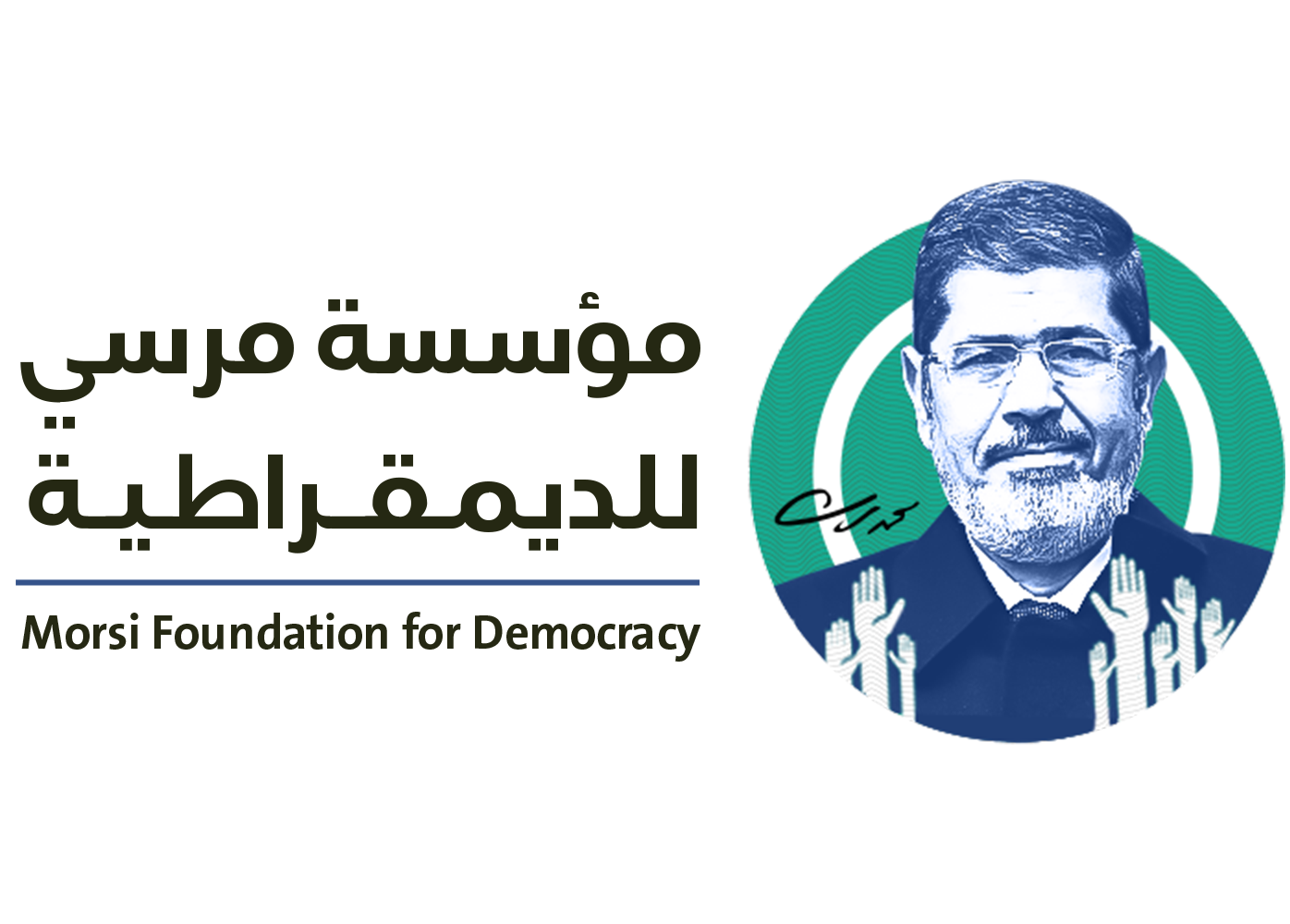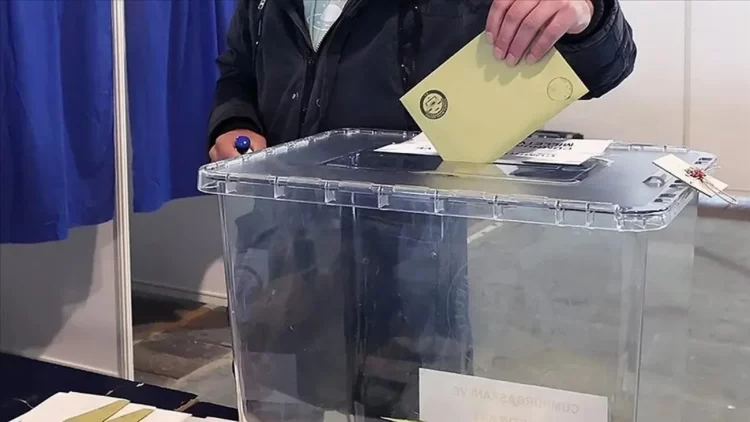What took place in Turkey was democratic and free elections, without a resolution in the manner of the traditional Arabic numbers that perpetuate the leader and his deputies in parliaments, and whether some disagreed or agreed with the Turkish foreign policy led by the Justice and Development Party, and here we mean some official Arab desires that found in the Turkish model what disturbs Arab tyranny. It is no longer enough for some leaders to mix positions and conversations about the “Brotherhood” and Ottomanism to confirm the validity of their hostility to a model that is closer to an intractable Arab state than deceiving and exposed lies regarding its democratic experiences and the peaceful transfer and rotation of power, and the most important thing in the centrality of all of this is establishing the citizen’s right to vote and choose parties, representatives and leaders, and hold them accountable.
Erdogan did not get 99 percent in the elections, and his party’s deputies did not win seats in Parliament. The Turkish voter showed him a long list of accounts in which the president and his party are sued at the ballot boxes, opening the files of the economy, security and politics to him, and opening the conflict of the opposition parties with the authority and holding it accountable.
The principle of balance of interests and the adoption of phases within the objectives of the Turkish policy to rehabilitate its economy, prompts the Justice Party, which will return to power through democratic elections, to enter into competition again, and to enable it to control the economic and social problems imposed by the years of revival that Turkey experienced two decades ago, as an ideal way to compete with major powers and political blocs that used to favor Turkey as it deals with it as a vital area close to its interests.
Despite these principles, some consider the increasing weight of Turkish politics, the expansion of the democratic base in society, and the pursuit of what is beyond, in terms of restoring bridges of cultural, political and economic understanding between Turkey and many regimes. The Arab world is greater than the benefits, based on the stereotypical perceptions of Turkey in Arab and Western media during Erdogan’s era, which are repeated by some politicians and media professionals in the Arab world who revolve around regimes that are incapable of practicing the simplest traditions of freedom and democracy, even in the Turkish way, which is the subject of underestimation, criticism, attack, and describing them as The Ottomans and their flavor of the Brotherhood and the dreams of the Sultanate.
Arab elections and the practice of democracy for the first time in their Egyptian and Tunisian experiences, their destinies are sad and miserable from oppression, and in their Syrian claims to bequeath and continue power from father to son, and from oppression to the destruction of society as a whole, and by presenting a consistent Arab narrative that Arab societies are ineligible to practice democracy, and that it is their destiny to applaud the eternal ruler and to his descendants after him and his descendants in power, and that everything an Arab hears about democracy is nothing but fabricated myths and an artificial puzzle, and that the puzzle and its solution lie in the leader’s sophistication and skill in criminalizing the abdication of power and in his hand carrying the whips of oppression.
Myths have fallen and riddles have been deciphered from the Arab mind. Democracy and freedoms are simple things. The bet on achieving a precedent in oppression will not restore the myths to regimes that stand on the feet of gnawed bones by repression and corruption, and failed to accelerate their pace of transformation to restore respect for the human being and his dignity, the power that is truly capable of building the nation and changing its future.



